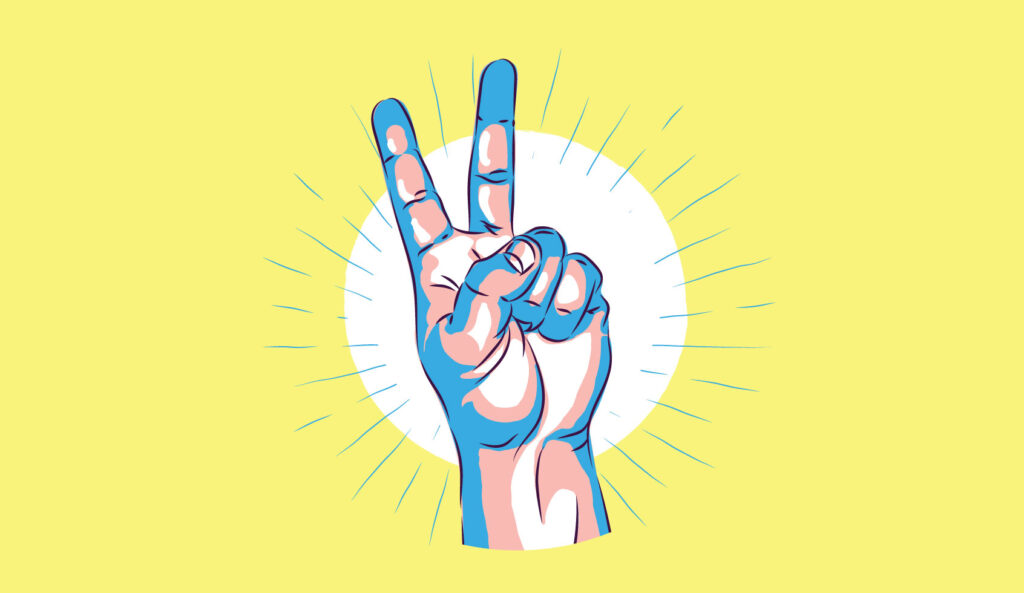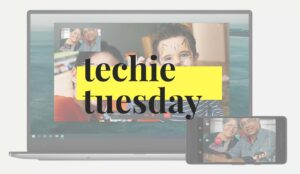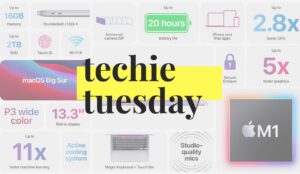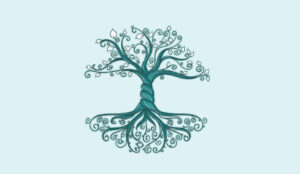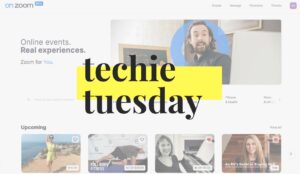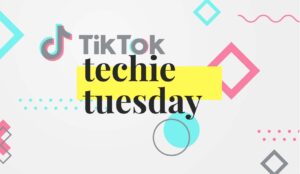In August 2019, I went to Kerala. My flight landed at Cochin International Airport. Then I took an Uber to Kumarakom. It was a three-hour drive from the airport. On the way, I passed through a couple of small towns. I was surprised to see the number of lottery booths in these towns. You can expect more than two lottery booths in a row/line.

Whenever I take Uber or a taxi, I try to have a conversation with the driver. I shared my observation with the driver. It seemed that people of Kerala have plenty of spare money, that’s why they can afford to gamble it on the lottery tickets. The number of lottery booth was pretty high, so business must be good. If you think logically – anybody who lives hand to mouth wouldn’t buy a lot of tickets because the probability of winning a lottery is very low. But the driver said it’s the other way around.

People who live hand to mouth were their prominent customers. I was surprised to hear that. Think rationally, this doesn’t make sense. I turned to Google to get an answer if it is true. The availability of public data in India is low, so I turned to the next best option – US. I came across a few interesting stats –
- People who buy lottery tickets are the ones who can least afford them.
- 28% of Americans who earn less than $30,000 a year play the lottery at least once a week. To make a good living they should be earning at least $60,000/year.
The gap is huge. I wasn’t able to understand the belief of how so many people can expect a lottery to change their life when the probability of winning is one in a million.
After the five days of the trip, I went back to my hometown in Punjab.
I went to my friend’s house. They introduced to me a person who was selling medicine that can reduce the weight in a couple of weeks. He had all the shady claims to back it about how this magic pill will work. Uncle and Aunt are in their 50s and are obese. Both of them are educated, well-settled and have good government jobs. I asked him about the company that manufactures those pills and I Googled. To me, it resembled to a pyramid scheme.
Uncle asked my opinion on whether they should buy that pill or not. I have a fair understanding of losing weight because I did it by myself, to be specific 32 kgs in one year. But I did it in a hard way. I shared my viewpoints on how I did that and left the decision on them.
The salesman convinced them by saying – What’s the harm in trying? Even if it didn’t work, it will not do any harm to the body.
Since they earn well, for them the 4,000 rupees were not a big deal. If this pill work, then they don’t have to do all the hard work and wait so long. They went ahead and bought the pill.
After two months when I followed up if that pill worked or not, they said it didn’t.
In the first case, we can blame the lack of education. That justifies the reason for prioritizing a lottery ticket before putting the food on the table.
But in the second case, educated people are making the same mistake. The company’s million-dollar revenue justifies that people are buying whatever story they are telling.
But both cases have something in common. A miracle – a quick get rich scheme/overnight success.
But why do people believe in such dramatical stories?
You’ll Believe In Anything When –
- Stakes are high
- Options are limited
These situations are formed when there is a huge gap between expectation and reality. It depends on how badly you want and need that situation to be true.
In the first case, the poor want to be rich. The idea of saving is not intuitive to him. It’s not like he isn’t aware of this path. But it’s going to be a long ride. It will take years. What if he won the lottery? He will skip the waiting line and become rich overnight. But what are the odds?
In the second case, both uncle and aunt want to lose weight. They can do exercise. The solution is simple. But it will take time and effort. That they are not willing to put. What if that pill worked? They will get overnight success. But what are the odds?
In both cases, they are looking for shortcuts. By no means, I am against the shortcuts.
But this whole idea is built on a false belief that – a shortcut exists and they will find it.
Optimism Bias
Optimism Bias is a cognitive bias in which people overestimate their likelihood of experiencing good events in their lives and underestimate the likelihood of experiencing bad events.
Anyone who buys a lottery thinks that they will be the one in million, who is going to win the lottery.
For example – In the US, divorce rates are about 40 percent. Ask any newly married couple on what are their odds of getting divorced, they estimate zero percent. Even divorce lawyers, who should really know better, hugely underestimate their own likelihood of divorce.
You can listen to Tali Sharot’s TED talk on Optimism Bias –
Optimism is like sugar. It’s tasty. But having too much starts causing the problem.
No one is immune to this bias. At some point in life, we all suffer.
For example – think about the Coronavirus situation. The entire world is desperately looking for a cure. At the time of publishing this article, there is no cure. But social media is flooded with all sorts of messages. Some of them are too good to be true. Like – drinking cow’s urine can cure Corona. People are believing in anything because stakes are so high. To be exact – It’s a life or death situation.
Ideal Way Of Dealing With Such Situations?
All we want is make our dream a reality. There is no harm in looking for shortcuts. But what if there is no shortcut? In the above cases, a poor can start saving and an obese can start working out. That’s the only assured way of making their desperately needed situation a reality.

